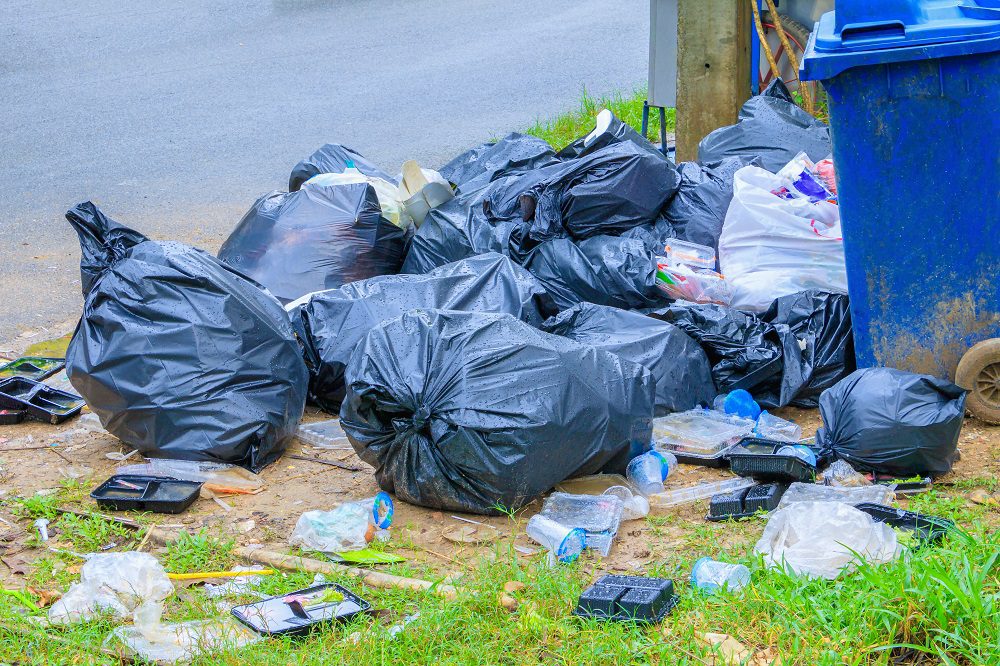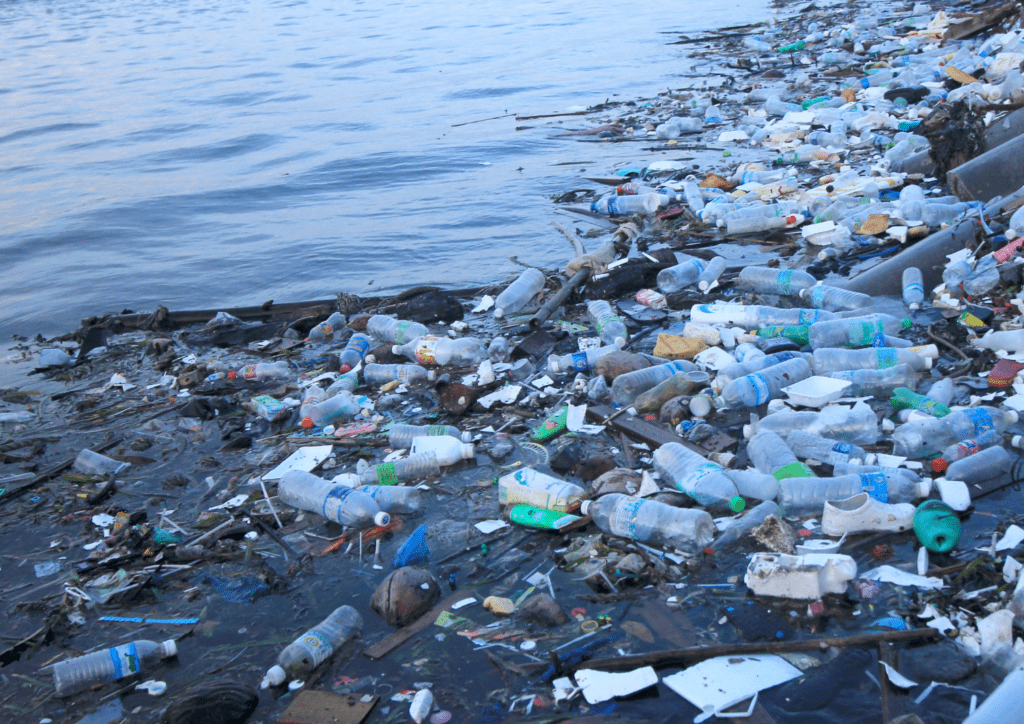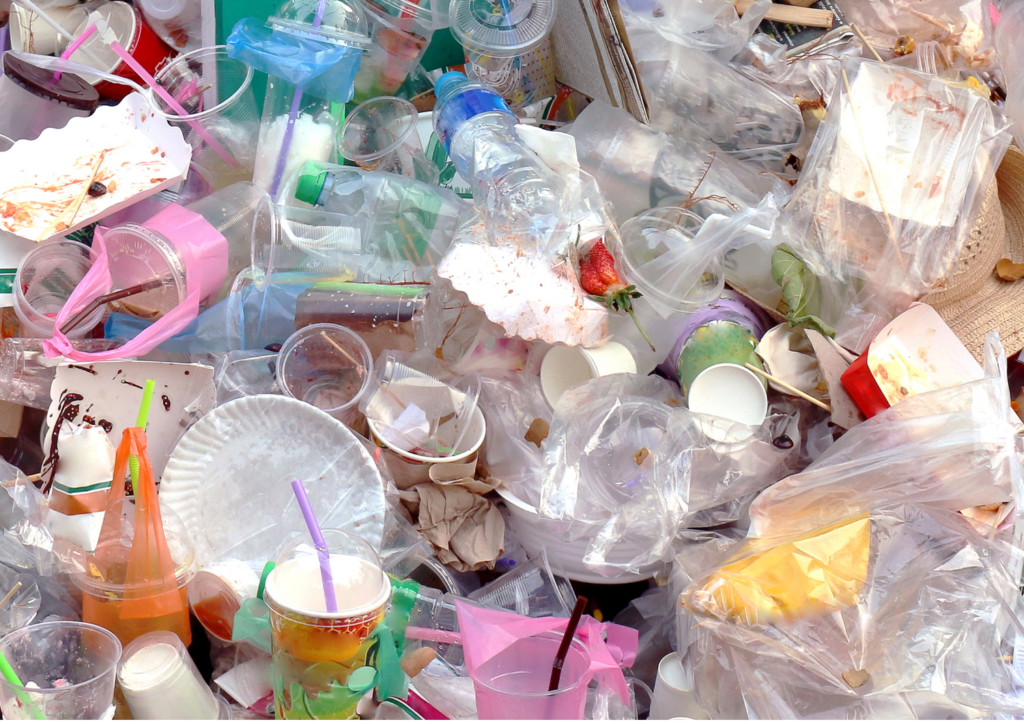Recycling alone is not the key to solving our plastic pollution problem
For many of us recycling is some sort of moral obligation; a self-absolving practice to make up for excessive consumption and use of plastic items. But unfortunately, its environmental impacts are marginal at best and it certainly isn’t the key to ending plastic pollution.
Watch The Water Brothers debunk our second myth!
Over 30 years of recycling and we still haven’t nailed it
The Blue Box Program has been in Canada for over 30 years. Despite the efforts of Canadians to sort and recycle their plastics, only 9 per cent of Canada’s plastic waste is recycled. This is largely due to Canada’s fragmented waste management system. Without national standards municipalities can decide how to collect and manage waste. But even this is a generous estimation since approximately 35 per cent of that “recycled” plastic is sent abroad, where we can’t be sure what happens to it. Recycling rates need to dramatically improve, but it still won’t be the key to solving our plastic pollution problem.
Only 9 per cent of the plastics EVER made (worldwide) have been recycled.
A tsunami of plastic is forecasted for the next 30 years
According to a 2016 report by the Ellen MacArthur Foundation, plastic production is projected to increase from 311 million tonnes in 2014 to 1,124 million tonnes in 2050. This means that in the next 30 years, plastic production will increase over 3 fold. If recycling can’t keep up with the plastics we have now, imagine the disastrous mess we’ll be in by 2050. Even if we started to recycle ten times more than we have in the last 30 years, we won’t be able to catch up with the massive wave of plastic production being projected.
Plastic may last for decades but it can only be recycled so many times
Plastics can only undergo the process of being recycled a handful of times. Each time a plastic item is recycled, the material’s quality and potential for recycling declines. We also have to consider that plastics can be recycled into items that are not recyclable, for example tiny plastic fibers can be used to make clothing or carpets, items that are likely to end up in a landfill.

Recycling is good, but reducing and reusing is essential
Dramatically increasing our recycling rates is still important but ending plastic pollution requires us to focus on reducing and reusing. Our relationship with plastics needs an overhaul. It starts by getting rid of all the unnecessary plastics around us – the plastic cups, straws, cutlery, packaging (including those food and product samples you get from stores), coffee cups, plastic bags and more.
We can’t do this on our own, government needs to step up and take action too
If consumers are expected to improve their recycling habits, reduce their plastic use and reuse when possible, we’re going to need help. The government needs to step in and create a better system to incentivise better recycling, hold producers accountable for the plastic waste they produce and ban problematic plastics that can’t be recycled.







